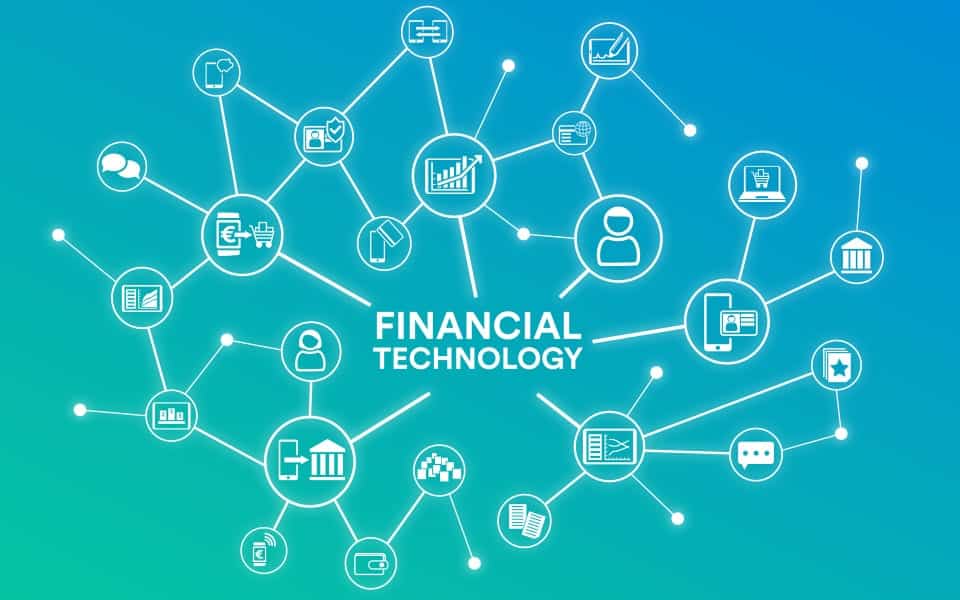Everyone says that a job in finance sets you up for life. Stable, reliable, profitable. But is it still like this? AI is also entering the scene in this sector, causing landslides that will soon become a real earthquake.
How else can we call a scenario in which half of the future jobs in the financial field are automated?
And which half then? Who will lose their jobs? And for whom will this new scenario be an opportunity? Because that's what it's about. Half of the jobs of the future will be lost, the other half will have to reinvent themselves by developing new knowledge and skills that we don't even know today.
But we can try to imagine. Based on current trends, here are 6 possible future jobs that could come in handy in the financial field.
Fintech head hunters

Startups in the field of techno, or Fintech, are changing the face of the financial industry. Neobanks, micromortgages and other multi-service companies are forcing large operators to rethink their offerings and innovate their structures. This innovation also starts from the hunt for startups to acquire their knowledge or professionalism.
For example, many banks have spent millions of euros due to their failure to recognize and track money laundering processes. A large Dutch group, ING, literally threw almost 800 million out the window. Some large banks (such as HSBC) have started collaborations with startups that use AI to develop security and fraud defense systems.
The life of a fintech startup is uncertain by definition: immediately to the stars, immediately in the dust. The knowledge and skills to recognize new opportunities and companies in fintech will be the subject of a new and highly sought after professional figure.
Auto finance engineer

The decentralization and pressures of fintech startups also push big banks to differentiate their services. Instead of traditional banking, many institutions are investing in systems to guide private individuals' financial choices. Managing your account is becoming crucial, even if millennials earn far less on average than their predecessors.
Almost 35% of current jobs are precarious, flexible, uncertain. As much as people are used to this flexibility, the need to also have certainties remains important and imperative. Flexibility without counterweights, in other words, is not sustainable. For this reason, the Scandinavian countries have coined a term that represents the ideal balance to pursue: Flexecurity.
This is why we need automated financial management tools that take into account the flexibility of these times. Knowing that you can handle a small mortgage that changes installments even monthly, or that can be suspended for periods of difficulty, represents a very important factor. Even more important are the professionals called to create and develop artificial intelligence tools. Tools that are able to assist people in this "automatic" management of their finances and savings.
Sustainable finance manager

Data analysis and management of sustainability these will be two highly sought-after skills in the world of future financial jobs. One of the most promising trends is sustainable change. Which professional figure will a guide embody for those who want to make their business sustainable or switch to clean energy?
It is a profession that makes energy and economic information two of its strong points. It is not just a question of knowing which clean energies to adopt, but also which resources to use or obtain from private entities such as banks or public ones such as governments.
Cryptocurrency analyst

Obviously it is difficult to talk about the future of finance without considering cryptocurrencies. The big banks (and internet big names like Facebook) have started doing research and testing in this promising but risky field.
The world of cryptocurrencies and methods of exchange are still minefield for many investors. This is why there is a need for professional figures who have skills in both the traditional and cryptocurrency markets.
Conjunction figures able to simplify and disseminate knowledge on the topic will be part of the work of the future. Beside them, there will also be professionals capable of making estimates and forecasts on the fluctuations of croptocurrencies, in order to guide more informed choices by investors.
Trust Manager

Given the catastrophic scandals involving web giants and remedies such as the GDPR in progress, there is great attention to the problem of data use.
Some Dutch banks have recently come to the center of criticism for using bank data for the purpose of sending targeted advertising to account holders. Hospital, pharmaceutical, casino or sexy club expenses were considered very personal data, and using them raised criticism of all sorts.
While auto finance can leverage personal data to help people better manage their belongings, building transparency and protection measures around data makes processes smoother and safer. This is what a Trust Manager will need to do: provide clarity on how financial data is used.
Cross cybersecurity expert
We are seeing more and more forms of transversal collaboration between companies. The example involving traditional banks and fintech companies is significant, but not the only one. Central issues such as cybersecurity cannot be insured individually, they require a broader approach to contain expenses and waste. Against cyber attacks, an interconnected world requires strong collaborations.
Space therefore for a professional figure not only able to prevent cyber attacks, but also to dialogue with similar figures from other companies, to develop common strategies.
Summary of future jobs
Beyond these forecasts, the future of finance remains unclear, apart from the fact of seeing a strong change in the skills required for future jobs in this field.
There is an interesting "duel" between men and machines, which will result not in a victory for one and a defeat for the other, but in a renewed way of working in synergy.

